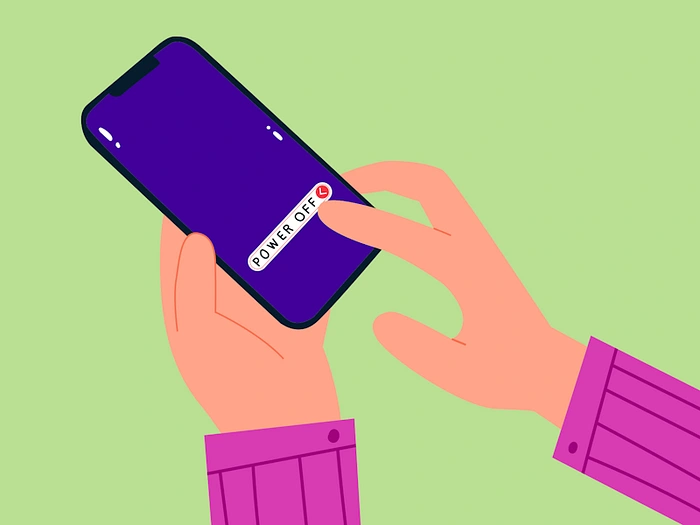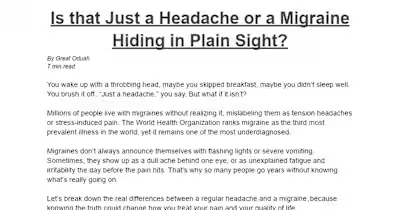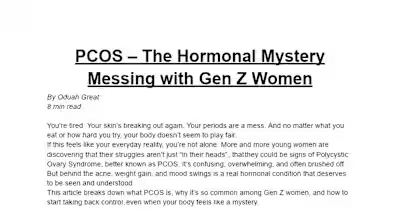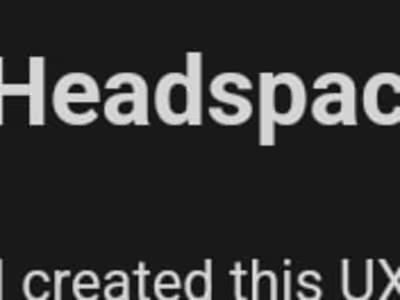Gen Z's Insomnia Epidemic Explained

Gen Z’s Insomnia Epidemic Explained
5 min read
Hey there! It sounds like Gen Z is facing a real challenge with sleep these days. Forget about just feeling left out; it seems like insomnia has become a major worry for many young adults. While older folks might point to coffee or stress for their sleepless nights, Zoomers are dealing with a unique mix of always being connected, worrying about the economy, and all that screen time.
Because of this, lots of Gen Zers aren’t getting enough rest. We’re talking about nearly 70% struggling with poor sleep and many getting less than six hours a night. It’s not just about staying up late on TikTok either. Things like the pandemic, worries about the climate, and feeling pressured to constantly work hard in an uncertain world are all playing a part.
Sleep has become something that feels hard to come by, and it’s taking a toll. We’re seeing more moodiness, burnout, and even potential long-term health problems. From putting off bedtime to get back some "me time" to getting really focused on sleep trackers, Gen Z is approaching rest in new ways. The big question is, can they find a way to switch off their minds when the world around them never seems to? Finding that answer could really shape what their future looks like.
Why Gen Z Can’t Sleep
1. The Blue Light Problem
According to the Sleep Foundation, evening exposure to blue light from screens can significantly delay melatonin production, the hormone your body needs to feel sleepy.
If your phone is basically glued to your hand until 2am, it’s no wonder you’re wired. Whether it’s doomscrolling, catching up on group chats, or just falling down a YouTube rabbit hole, it’s easy to trick your brain into thinking it’s still daytime. Gen Z’s digital life is non-stop and it’s messing with their natural rhythm.

2. Always-On Anxiety
A 2023 Harvard Health report found that young adults today report higher levels of anxiety and depression than any previous generation with work pressure, climate anxiety, and financial stress at the top of the list.
The problem isn’t just tech it’s how heavy the world feels. Trying to sleep when your mind’s racing about student loans, career uncertainty, and whether the planet’s even going to make it? That’s a tall order. The stress doesn’t turn off just because it’s bedtime.
3. Revenge Bedtime Procrastination
In a Frontiers in Psychology study, researchers found that many people knowingly delay sleep without any external reason, it’s a phenomenon called “bedtime procrastination.”
For Gen Z, it’s more than procrastination , it’s rebellion. After a full day of classes, side hustles, and doomscrolling, the only moment that feels like yours might be 1:30am. It’s no wonder people stay up just to get a taste of freedom, even if they know they’ll pay for it in the morning. Ironically, it’s a protest that ends in burnout.
The Cost of Missing Sleep
Mood Rollercoaster
Inadequate sleep is strongly linked with mental health issues like anxiety and depression. According to the CDC, insufficient sleep significantly increases the chances of frequent mental distress.
It’s not just “feeling off” — it’s emotional turbulence. One day you’re fine, the next you’re overwhelmed by something small. Gen Z already deals with high mental health pressure, and poor sleep just makes everything hit harder.
Brain Fog and Burnout
Lack of sleep affects attention, memory, and decision-making. The American Academy of Sleep Medicine notes that poor sleep reduces academic performance similarly to alcohol.
If you’ve ever zoned out mid-class or read the same paragraph five times, you’re not lazy , your brain’s just tired. And when this keeps happening, it snowballs into full-blown burnout.
Weakened Immune System
Chronic sleep deprivation weakens the immune system, increasing your risk of illness and slowing recovery. CDC studies confirm that immune function is compromised with poor sleep .
Think of sleep like your body’s maintenance time. No rest = no repairs. You’re more prone to getting sick, and small health issues feel way worse.
Long-Term Health Risks
Just three nights of bad sleep can start raising your heart disease risk, even in healthy young adults.
It’s wild to think sleepless nights now could lead to real problems decades later. But it’s true , the habits you build in your 20s shape your 40s. Prioritizing sleep now protects your future health.
How Gen Z Can Sleep Smarter
1. Limit Screen Time (Yes, Really)
The blue light from phones and laptops messes with your melatonin, the hormone that helps you fall asleep. The Sleep Foundation recommends unplugging at least 30–60 minutes before bed.
Easier said than done, right? But even switching to night mode or using blue light filters can help. Or, try this: swap doomscrolling for a podcast or physical book. Your brain will thank you.

2. Get Consistent With Bedtimes
Sleep isn’t just about how long you sleep, when you sleep matters too. Studies show irregular sleep patterns increase stress and reduce sleep quality.
Try sleeping and waking up at roughly the same time every day (and yes even weekends). Your body loves rhythm so give it one.
3. Ditch the “Revenge Bedtime Procrastination”
That late-night binge isn’t always about laziness. It’s often “revenge” for a day that felt out of your control.
But here’s the deal: you’re stealing tomorrow’s energy for tonight’s freedom. Reclaim your time in healthier ways; short breaks during the day, journaling, or even a walk ; so night doesn’t feel like your only escape.
4. Don’t Sleep on Sleep Hygiene
Sleep hygiene isn’t just a buzzword. It means optimizing your space for rest: cool temperatures, dim lighting, a quiet room, and maybe even some white noise.
You don’t need a Pinterest-perfect bedroom, just avoid heavy meals before bed, cut caffeine after 2pm, and reserve your bed for sleep, not stress.
5. Seek Proffesional Help if It’s Chronic
If poor sleep is constant , even when you’re trying , it might be time to talk to a doctor. Conditions like insomnia, anxiety, or even ADHD can interfere with sleep and are more common than you think.
There’s no shame in getting support. Your brain and body will function better with proper rest , and sometimes, that starts with a conversation.
Final words:
Sleep isn’t a luxury , it’s survival. And for Gen Z, stuck between nonstop notifications and real-world pressure, getting quality rest can feel like another item on the to-do list. But small shifts make a difference. By learning how to rest on purpose, Gen Z can reclaim their energy, mood, and long-term health.
Because when your world’s on fire, sleep isn’t a weakness , it’s your fuel.
References:
Like this project
Posted May 17, 2025
Article on Gen Z's insomnia epidemic and solutions.
Likes
0
Views
6





